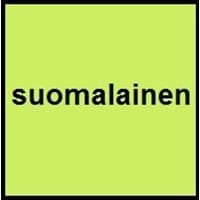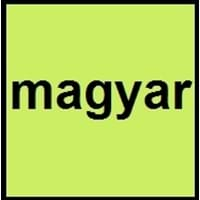Finnish vs Hungarian
- Finnish language has adopted many words from Iranian, Turkic, Baltic, Germanic and Slavic languages.
- In Finnish language, there are no articles or grammatical gender.
- Hungarian language has only preserved most of its ancient elements.
- 'Magyar' is the Hungarian name for the language, the 'Magyar' is also used as an English word to refer to Hungarian people.
Finnish and Hungarian Language History
Comparison of Finnish vs Hungarian language history gives us differences between origin of Finnish and Hungarian language. History of Finnish language states that this language originated in 1543 whereas history of Hungarian language states that this language originated in 1192 AD. Family of the language also forms a part of history of that language. More on language families of these languages can be found out on Finnish and Hungarian Language History.
Finnish and Hungarian Greetings
People around the world use different languages to interact with each other. Even if we cannot communicate fluently in any language, it will always be beneficial to know about some of the common greetings or phrases from that language. This is where Finnish and Hungarian greetings helps you to understand basic phrases in Finnish and Hungarian language. Finnish word for "Hello" is Moi or Hungarian word for "Thank You" is köszönöm. Find more of such common Finnish Greetings and Hungarian Greetings. These greetings will help you to be more confident when conversing with natives that speak these languages.
Finnish vs Hungarian Difficulty
The Finnish vs Hungarian difficulty level basically depends on the number of Finnish Alphabets and Hungarian Alphabets. Also the number of vowels and consonants in the language plays an important role in deciding the difficulty level of that language. The important points to be considered when we compare Finnish and Hungarian are the origin, speaking countries, language family, different greetings, speaking population of these languages. Want to know in Finnish and Hungarian, which language is harder to learn? Time required to learn Finnish is 44 weeks while to learn Hungarian time required is 44 weeks.





